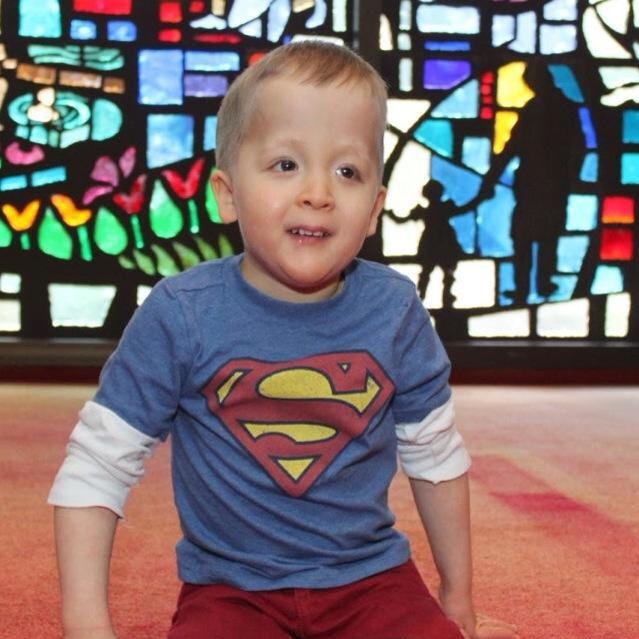Happy Fourth of July, everyone!
I don’t know about most people, but my brain has a tendency to run away with me—and not in a good way. My anxiety disorder is fueled by my brain’s insistence on making mountains out of molehills and borrowing trouble. No matter what the circumstance, my brain screams past the most logical and likely outcomes and jumps up and down screaming, “This is gonna end in DISASTER.”
For example, say I send out some queries. I hope some agent will like my book. So far, so good. Then let’s pretend an agent asks for a partial or full (hey, it will happen someday!). I am overjoyed an agent liked the idea enough to want to read the manuscript. Happy dance!
But then my runaway brain lets loose. What if they actually want to rep me? What if another agent would be better? How will I know? Will I make the right choice? And if they rep me, they might actually SELL the book (hey, it will happen someday)! Then I’ll be in a whole new world, and new worlds are scary, and oh good grief it’s a huge CHANGE!!!
Change is hard for those of us with anxiety disorders. And since change is inevitable, life with an anxiety order can be pretty crappy sometimes.
So there I am with my runaway brain telling me that my entire life is crashing over a cliff—all because an agent requested a manuscript. So even good news can lead to a bad ending—in my misfiring brain, anyway. So what do I do about it?
Sometimes I can derail the runaway brain. If I can feel it happening, I can stop the downward spiral by literally talking myself out of it (sometimes out loud, if needed). I can divert it into a more positive outcome.
If I missed the warning signs and my brain has accelerated all the way to the Big Crunch that is OBVIOUSLY going to occur if I go down this path, I can contemplate the fears one by one and again talk myself down from the ledge.
But most times, I say to my brain, “Very nice. Save it for the next book. The reality of what happens will never be what you think.”
Because usually it isn’t. Life is unpredictable (much to my brain’s chagrin), but it is rarely as bad as I fear. And it rarely takes the path I envisioned in the first place.
The biggest weapon I wield against my anxiety, though, is experience. I know the worst I can imagine is unlikely to come true.
I also know that if the worst happens, I am strong enough to face it.
What about you? Do you get hijacked by fears you know are unrealistic but paralyzing just the same? How do you overcome your fears?

